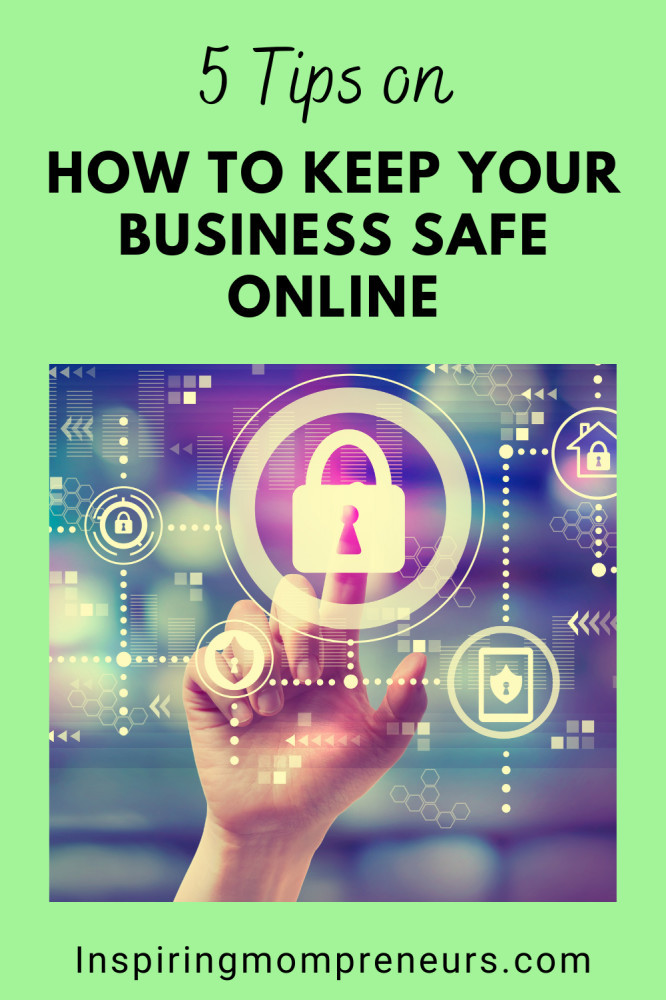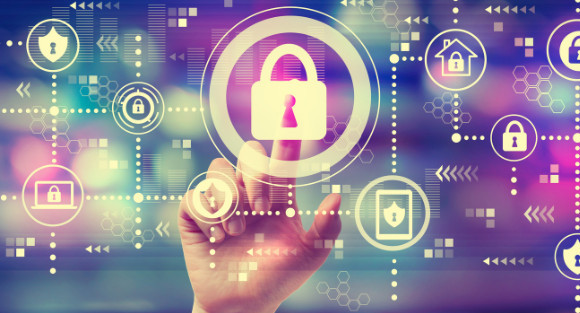In this post, we are sharing 5 tips on how to keep your business safe online. The Internet is a scary place, and your business can be vulnerable to online attacks. It’s not just hackers you have to worry about. For example, a disgruntled employee might want to sabotage your company’s reputation by posting unflattering comments about it on social media.
There are many ways for businesses to stay safe online, but one of the most important is cybersecurity. This includes protecting your company from hackers and data breaches as well as safeguarding your employees from phishing scams and other cyberattacks.
What are the Most Common Cyber Threats Facing Small Businesses?
Cyber threats are becoming more and more common in today’s world. It is not just the big companies that need to worry about cyber threats, but also the small business owners. Small businesses are often targeted by hackers because they are easier to hack than larger corporations with better security measures in place. This is because a lot of small businesses don’t have any cybersecurity measures in place or they have poor ones which make it easier for hackers to get into their systems and steal their data or cause other damage.
Small businesses should take steps to protect themselves against these threats by implementing security measures such as encrypting data, having a firewall in place, and using options like https://clearvpn.com/ to keep things safe and secure. We’re now going to take a look at five tips to help this.
5 Tips on How To Keep Your Business Safe Online
 1. Beware of Phishing Emails
1. Beware of Phishing Emails
Phishing is a type of cyber-attack in which the attacker sends an email to a user, pretending to be a trustworthy person or organization, in order to steal the user’s personal information.
The most important thing is not to click on any links inside of the email. If you want to know if it’s a phishing email, look for spelling and grammar mistakes. If you don’t recognize the sender’s name on the email, don’t open it.
2. Protect Your Password & Encrypt Sensitive Files
You should never share your password with anyone. You should also use password manager software to manage your passwords and encrypt sensitive files.
If you are using the same password for multiple accounts, then it is a good idea to change them all. If you have shared your passwords with someone else, then you should change them immediately.
Password managers are great for storing all of your passwords in one place and they can be used across all devices. They can also automatically generate strong passwords for you so that you don’t have to think about it anymore.
3. Monitor Social Media Channels Constantly
Social media is a powerful marketing tool and it is important for businesses to know what is going on in their industry. A social media monitoring tool can help them stay up-to-date with all the latest trends and news.
A social media monitoring tool or service can also help you to monitor your competitors’ social media profiles, identify trends, and analyze the sentiment of posts. You should also be aware of your own company’s social media channels, to ensure that nothing slanderous is being said.

https://unsplash.com/photos/FnA5pAzqhMM
4. Use Two-Factor Authentication for Logins & Accounts
Two-factor authentication is a security process that requires two different forms of identification. The first form of identification is something that the user knows, such as a password or PIN. The second form of identification is something that the user has with them, like a token or phone.
The use of two-factor authentication codes has been popularized in recent years with the emergence of mobile devices and their associated applications. A common use case for two-factor authentication codes is when logging into accounts on a company’s website on your computer at work. This ensures that if someone were to steal your password, they would not be able to access your account without having the secondary code.
5. Have Cryptocurrency Security Ready To Go at All
Cryptocurrency security is a major concern for many people. There are many ways that you can protect your cryptocurrency, but the most important thing to remember is to have a plan in place before you start investing. There are two types of cryptocurrency security: offline and online. Offline cryptocurrency security is where you store your coins on a physical device like a USB drive or an external hard drive.
The advantage of this type of storage is that it can’t be hacked remotely – but it does come with some disadvantages as well, such as being susceptible to theft and natural disasters. Online cryptocurrency security is where you store your coins in an online wallet, which can be accessed from any computer or mobile device with internet access. This has the advantage of being able to access your funds from anywhere in the world.
Conclusion
We hope you have found these tips on how to keep your business safe online insightful and that you will implement them to ensure your sensitive business information does not get in the wrong hands.


